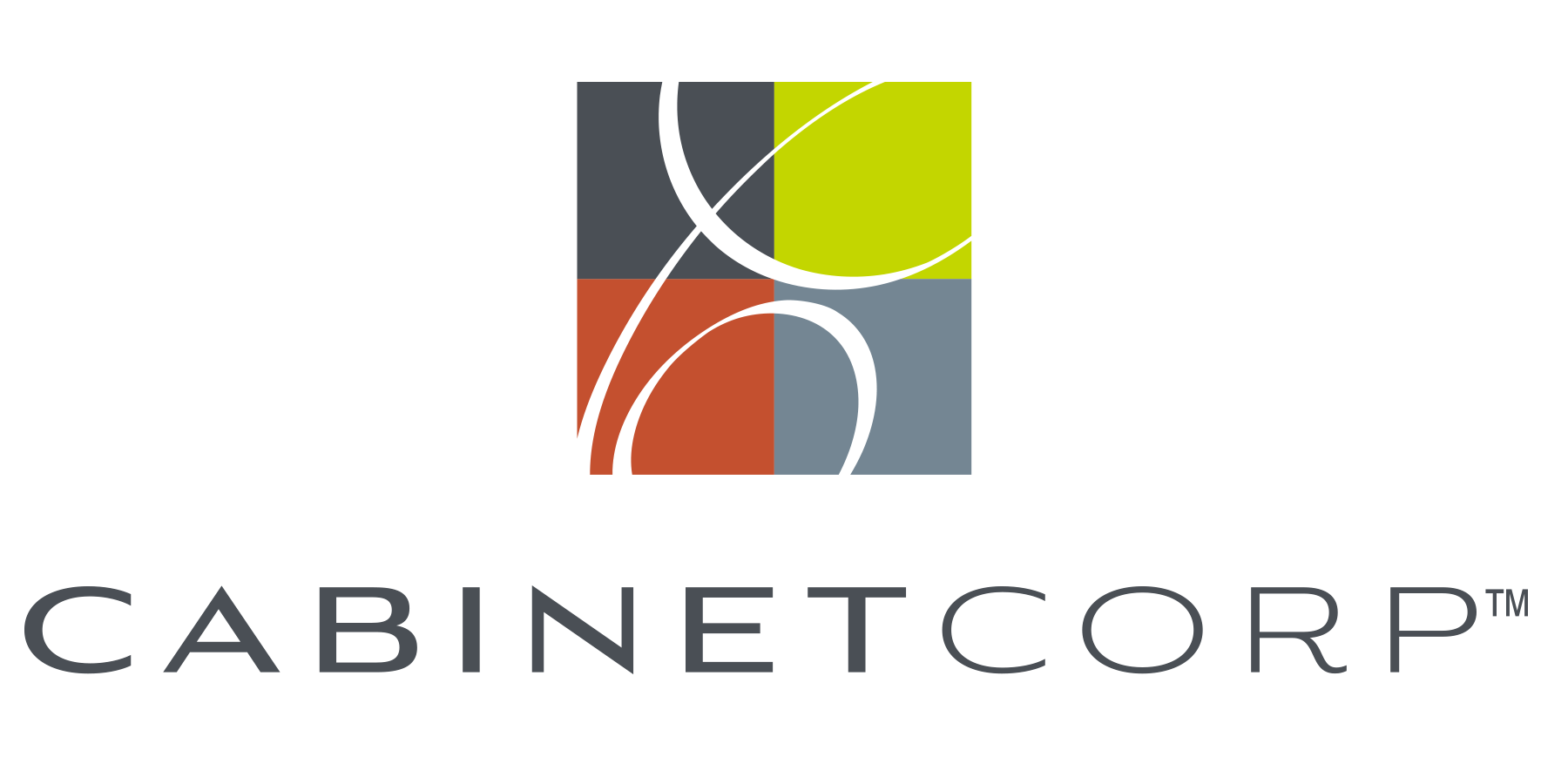
Simply put, most of the problems faced by landlords stem from how they view their rentals – as a side hustle or a hobby instead of as an actual business. It’s that lack of perspective that causes all the grief and the whole industry gets a bad rap because landlords won’t acknowledge that it’s a business they’re running.
However, the truth is that rental properties have the capacity to not just generate a steady income flow, but can also help you cash-in on any future appreciation. While it’s a given that being a landlord is among the most frustrating jobs, there’s no denying that it’s equally exciting and that there are a number of things one can do to make the process smooth and stress-free.
Landlords who lay out the rules upfront; set up systems which operate efficiently even in their absence; hire and enlist the right kind of help; and are respectful towards their tenants as well as their business are bound to succeed. Read on to discover five ways in which you too can lose the ‘terrible landlord’ tag.
1. Landlord is A Business NOT A Hobby

As a business owner, are you leading well? Do everything you can to ensure your good tenants renew their lease when it’s time; work on building professional and long-lasting relationships with your good tenants. And follow all the laws when you advertise your rental; target your lease renewal time to be around the months with the most prospective tenant traffic.
If you aren’t doing these things and are instead driving up to your property every month to pick up rent checks; if you skip screening your prospective tenant, just because you’re hard pressed for time or money; or, if you cannot correctly handle an eviction case and wind up spending thousands of dollars on getting it resolved, then you know you’re not running it like a business.
The first step towards converting your “hobby” into a real business is to stop being the legal “owner”. Instead, set up a business entity that owns all your rental properties and names you the “landlord” for all legal and practical purposes. Once you’ve done this, what remains is converting your outlook – start treating it like a real business and notice how things fall into place.
2. Screen Cautiously and Fairly

Besides, these people will usually take good care of your property and are willing to work with you. The money you pay a screening company to do these thorough background checks will be well worth it, because prevention is always better than cure. But in your zest to screen out all the bad apples don’t forget basic tenets of the Fair Housing Laws and the Fair Credit Reporting Act. You cannot reject someone based on their race, religion, national origin, gender, age or family status. If you use someone’s credit report information to deny their application, then you must give them an adverse action notice.
3. Set Rules AND Stick to Them

Your legally enforceable lease document is your best bet when it comes to dealing with bad tenants. Ensure it has information on all occupants, the date of rental, the agreed upon dates of rent payment and late fees, the lease period and the forms of rent payment. If you feel sorry for a tenant or want to show your empathetic side by relaxing one of your rules, then you’re just setting yourself up for disaster.
Also, never rent out to family and friends – you may one day be forced to chose between the relationship you have with them and the money they owe you.
4. Be Good, NEVER Nice
There’s a fine line between being a good landlord and a nice landlord. Good landlords treat their tenants with the dignity and respect they owe all fellow human beings. They are willing to address any real concerns swiftly and know how to reward good tenant behaviour. They are meticulous record keepers and are organized when it comes to running their business so that there are no misunderstandings with their tenants.
However, a nice landlord is someone who doesn’t really have any systems in place and is willing to let the tenant decide how and when rent is paid. They are people who skip tenant screening either because they think they know the person (friends and family) or because they want to help someone who they feel sorry for. What these nice landlords don’t realize until it’s too late is that people have a tendency to expect the rope to get longer and longer. And that being nice will only set them up for years of trouble and huge losses.
5. Handle Day-to-Day Issues Smartly

These people can professionally handle things like sourcing new tenants and screening them; collecting rents and late fees; sending out notices and following up with tenants who are approaching their lease-renewal time; landscaping and general maintenance among other things. While hiring a property manager might cut down your profits, it will save you a lot of hassle because managing your property by yourself can become a fulltime job by itself.
And finally, make sure you are adequately insured against damaging natural phenomenon and errant tenants. If your local laws permit it, you could even expect tenants to have renter’s insurance to protect against break-ins and so on.
6. Goodies For Your Good Tenants
It’s imperative that landlords are not only organized, but also knowledgeable about the real estate industry and any current issues that affect how business is conducted. It will go a long way in helping you handle or, better, prevent sticky situations like an eviction. The smartest landlords do everything in their power to retain their best tenants – they never hesitate to fulfill the needs of people who pay rent on time, maintain the property well and are generally decent human beings. Especially at the time of lease renewal, smart landlords will offer to upgrade the property for good tenants. When you consider going through the whole process of finding another good tenant, the costs incurred via property upgrades fade in comparison.
Reach Out to Success
There are over 28 million real estate investors in the U.S., which means there is an tremendous community out there that you can reach out to as a fellow investor. Seek out other local investors to gain not just professional advice, but to also help you out with a quick reference or phone number. But most importantly, this community will help you understand how and how not to run your business as a landlord.
Nobody said being a landlord was easy – but those who adopt a business-like view of their rental properties can totally set themselves up for long-term success, minus all the hand-wringing anxiety.




























































